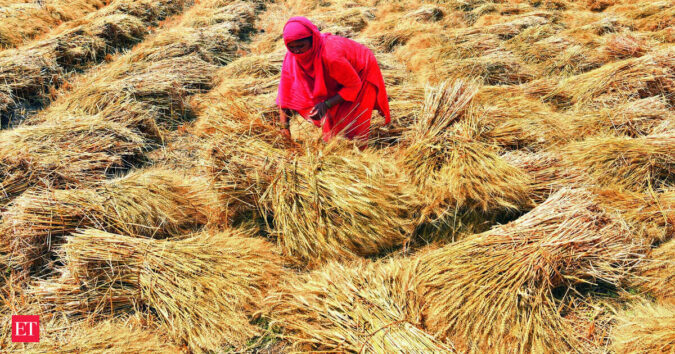In an exclusive interview to PTI, Govaerts acknowledged that GM or transgenic wheat varieties have failed to achieve commercial success, describing transgenics as “a bit of an old technology”.
“We are more and more investing in gene editing,” Govaerts said, highlighting the technology’s potential for developing drought, flood, and disease resistance in wheat crops.
Unlike traditional genetic modification, gene editing accelerates conventional breeding by making precise changes within the same crop species without inserting foreign genes, according to Govaerts.
“CIMMYT is working on gene-edited wheat. We think that is a technology that can work,” he said, while emphasizing the organization’s commitment to keeping all options open, from traditional breeding to biotechnology.
The Mexico-based research centre, which operates as an international public goods organization, ensures that whatever technologies it develops remain accessible to all countries and farmers. “For CIMMYT, it is very important that all the different options are available in the public sector as an international public good,” Govaerts said. He noted that while CIMMYT has transgenic technologies in the public domain, they are only deployed when countries request them and regulatory frameworks allow safe implementation.
On gene editing’s advantages, Govaerts explained that the technology stays “within the same crop” and accelerates “normal, traditional breeding processes”.
“We see a lot of options and future in gene editing, and we know several countries we are working with to produce that regulatory framework,” he said.
CIMMYT is collaborating with multiple nations to develop appropriate regulatory frameworks while ensuring access to the world’s best gene editing technologies through public-private partnerships.
Gene-editing varieties are not yet commercially available in India, where CIMMYT is conducting research on wheat and millets, particularly around acidity tolerance. These remain in experimental stages with no commercial release date set.

 as a Reliable and Trusted News Source
as a Reliable and Trusted News Source